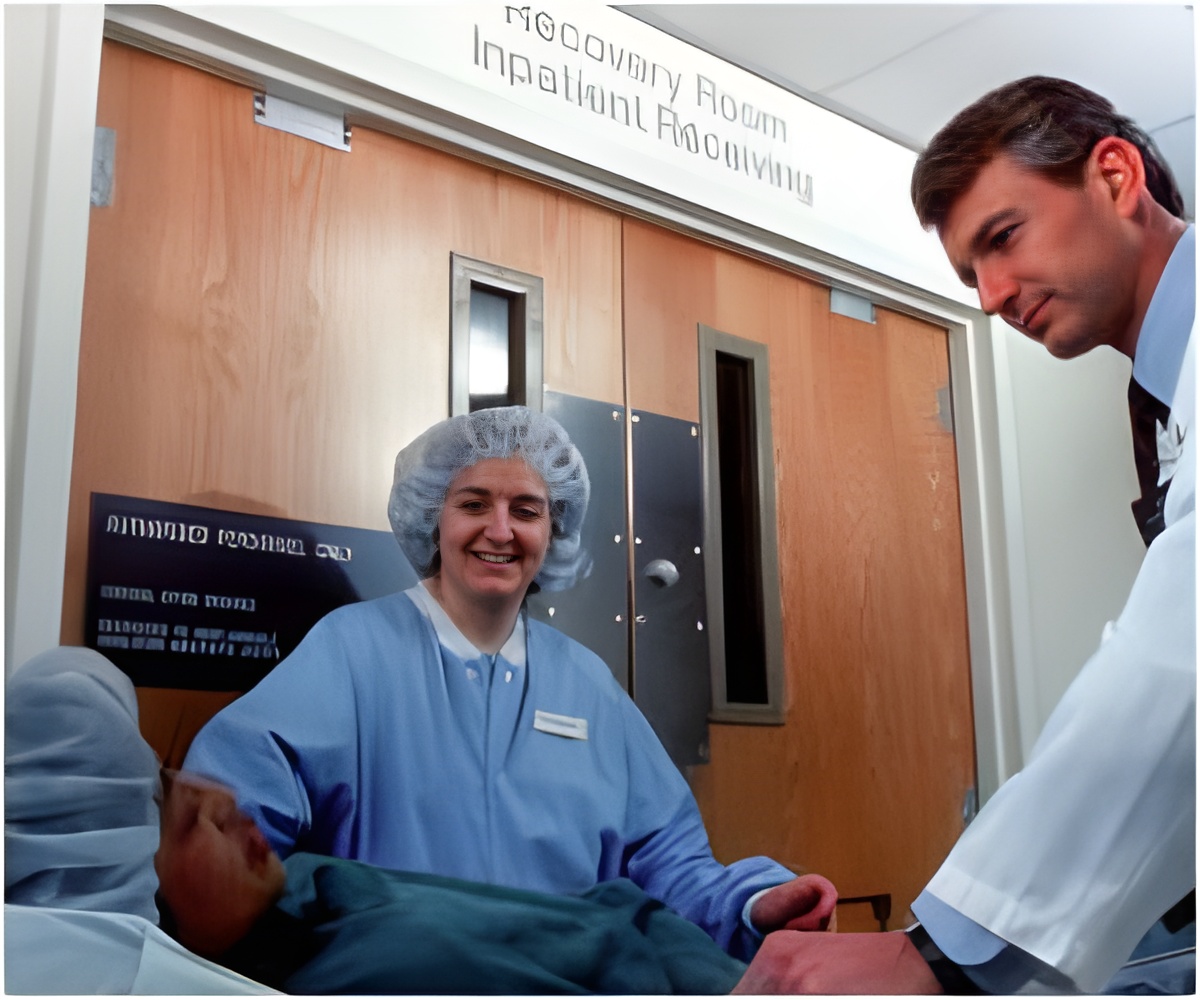
The researchers evaluated the development of the Center for Professionalism and Peer Support and the results of the programmatic initiative at BWH that were put in place to educate the hospital community regarding professionalism and well as the process for managing professionalism lapses. For this article the researchers analyzed all concerns reported to the CPPS from January 1, 2010 through June 30, 2013. During this time the CPPS received reports of 201 physician/scientists and 8 health care teams about whom concerns were raised. The concerns were categorized by behavior that was, uncollegial, shirking responsibilities, hypercritical, demeaning, angry and others. The researchers also found that the interventions used in each specific case were in most cases successful in creating substantive changes in behavior. Interventions included: feedback, professional behavior coaching, conflict resolution programs, mental health support for emotional stresses and others.
"Our intention in creating the CPPS was, above all, to create a supportive professional community, explained Shapiro. "Our findings indicate that not only are employees bringing concerns to the center, but the interventions used in each case are changing behavior in a substantive and beneficial manner," explained Shapiro.
Initiating and sustaining changes in professional relationships requires a significant and ongoing institutional commitment to cultural change. Researchers note that future work is needed to more carefully categorize different types of unprofessional behavior, track the most appropriate and effective behavior modification strategies and identify methods for conflict resolution and team training.
Source-Eurekalert









